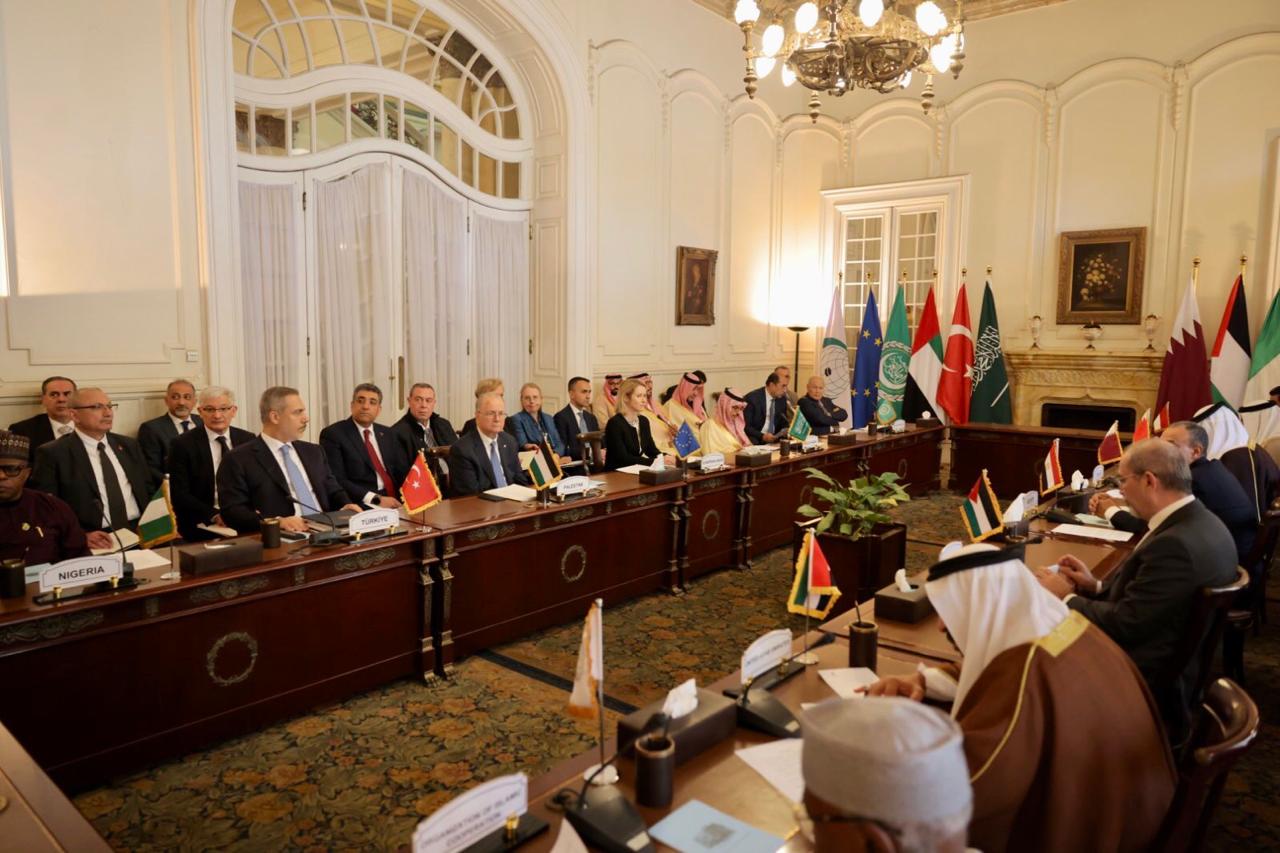China Reiterates One-China Policy, Praises Ghana's Consistent Support

Mr. Tong Defa, the Chinese Ambassador to Ghana, has unequivocally reaffirmed China’s steadfast commitment to the One-China Principle, expressing profound gratitude for Ghana’s consistent diplomatic support and its firm opposition to any form of Taiwan independence. During a quarterly press briefing held at his residence in Accra, Ambassador Tong emphasized that the Taiwan issue is central to China’s core national interests and represents a critical 'red line' that must not be crossed. He highlighted that the One-China Principle serves as the bedrock of China’s diplomatic engagements, particularly its robust partnerships with African nations, including Ghana.
Ambassador Tong underscored the historical and legal underpinnings of China's claim over Taiwan, noting that this year marks the 80th anniversary of Taiwan’s restoration to China after World War II. He cited the Cairo Declaration, the Potsdam Proclamation, and the Japanese Instrument of Surrender as definitive documents that affirm Taiwan’s status as an integral part of China, asserting these are indisputable historical and legal facts. The Ambassador further detailed the island's history, from Japan’s 50-year colonial occupation following the 1895 Treaty of Shimonoseki, to its return to Chinese control in 1945, a crucial outcome of the Allied victory.
A cornerstone of the international consensus on the One-China Principle, as articulated by Ambassador Tong, is the 1971 United Nations General Assembly Resolution 2758. This resolution definitively recognized the People’s Republic of China as the sole legitimate representative of China at the UN, expelled Taiwan authorities’ representatives, and solidified the One-China Principle as a global norm. Ambassador Tong stressed that Resolution 2758's authority is unchallengeable, not only reaffirming China’s sovereignty over Taiwan but also establishing a legal foundation for the post-war international order, a principle now recognized by over 180 countries.
The Chinese envoy lauded Ghana's unwavering stance on the Taiwan issue, recalling Ghana’s pivotal role in supporting Resolution 2758. He specifically mentioned that Ghana, under then-Deputy Foreign Minister H.E. John Agyekum Kufuor, cast a decisive vote in favor of the resolution at the UN General Assembly in 1971. Ambassador Tong also pointed out Ghana’s consistent respect for China’s sovereignty and territorial integrity, evident even during a brief diplomatic break following the 1966 coup, when Ghana refrained from official engagement with Taiwan. He further commended successive Ghanaian governments, regardless of political affiliation (National Democratic Congress and New Patriotic Party), for repeatedly reaffirming their commitment to the One-China Principle, viewing this political trust as the bedrock of the expanding China-Ghana partnership.
Reiterating China’s position, Ambassador Tong issued a strong warning against any advocacy for “Taiwan independence,” characterizing it as a severe infringement on China’s sovereignty and a grave threat to regional peace and stability. He asserted that the Chinese government will firmly oppose all separatist activities aimed at ‘Taiwan independence’ and will employ all necessary measures to safeguard national unity. He urged countries worldwide, particularly those in the Global South, to uphold the One-China Principle as a fundamental norm governing international relations and to reject any attempts to distort or undermine the post-war global order.
Ambassador Tong's remarks were part of a broader discussion encompassing China-Africa relations, economic cooperation under the Forum on China-Africa Cooperation (FOCAC), and recent advancements in China-Ghana bilateral ties. While emphasizing China’s desire for peace, development, and shared prosperity with Africa, he reiterated that mutual respect for sovereignty is indispensable for any enduring partnership. He concluded by affirming that China’s cooperation with Africa, and Ghana specifically, is built on a foundation of trust, shared history, and respect, underscoring that upholding the One-China Principle is not merely a diplomatic formality but a reaffirmation of the core principles of international law and justice.










